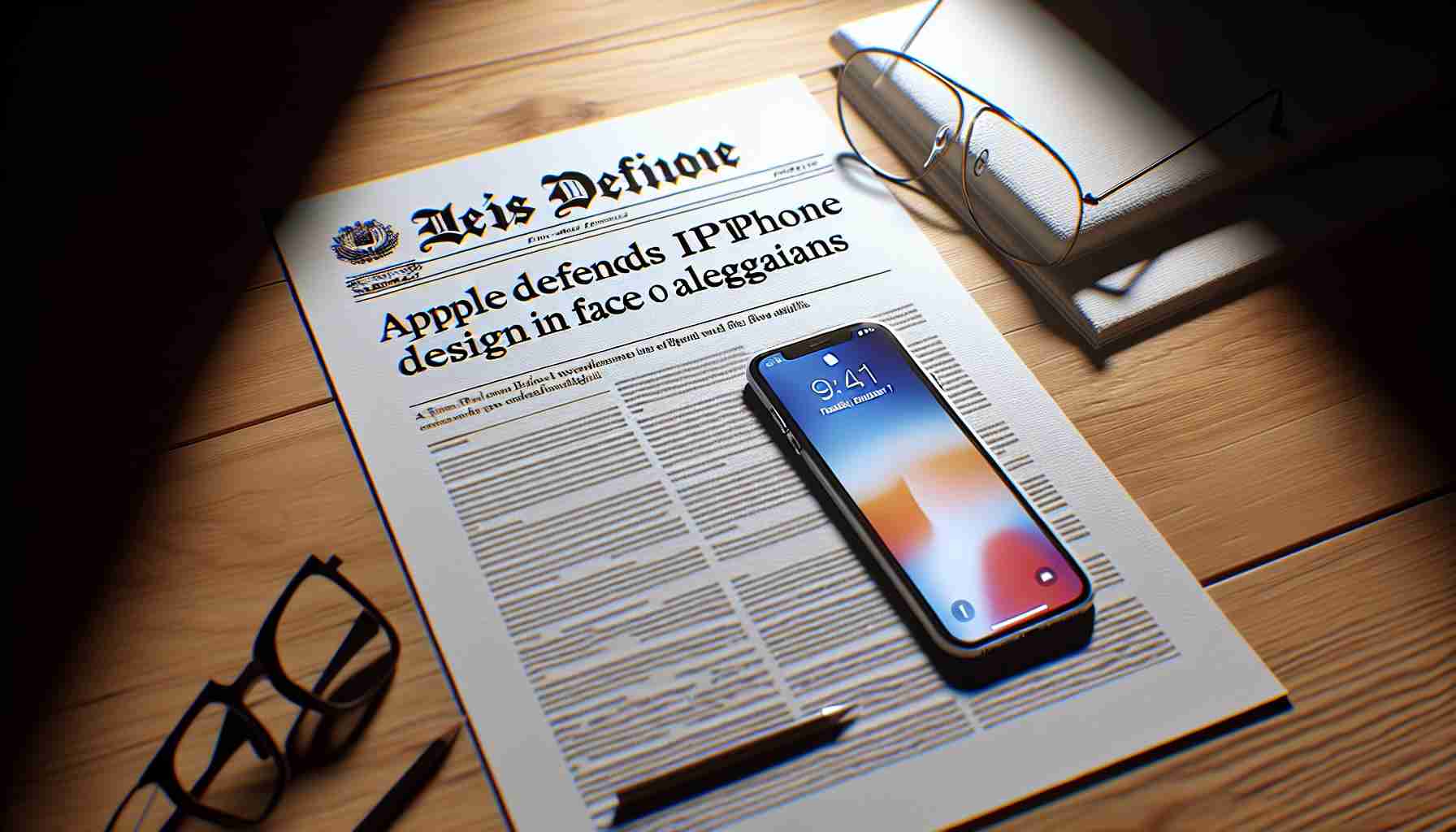Apple recently pushed back against the Department of Justice’s antitrust case, asserting that the government’s claims seek to overhaul the iPhone in an unprecedented manner.
The tech giant refuted the accusations that it has monopolized the US smartphone market by maintaining a closed ecosystem for the iPhone. Apple stated that the government’s argument hinges on the false belief that the iPhone’s success stems from deliberately hindering competition, which Apple dismissed as “outlandish.”
In its response, Apple highlighted the extensive access given to third-party developers on the iPhone platform, emphasizing the company’s efforts to balance openness with necessary limitations to safeguard consumers’ interests. Contrary to the government’s portrayal, Apple underscored that these developers include major corporations and not just small start-ups.
Apple outlined five key reasons for dismissing the antitrust lawsuit, including its right to decide which developers to collaborate with and the government’s failure to provide sufficient evidence of monopolistic behavior.
The tech giant emphasized the importance of maintaining its autonomy in designing the iPhone, warning that any intervention could stifle innovation and compromise the high level of security and privacy that sets the iPhone apart in the marketplace.
As the legal battle unfolds, Apple remains steadfast in defending its product design and market practices against regulatory scrutiny.
Apple Stands Firm in Defense of iPhone Design Amidst DOJ’s Antitrust Allegations
As the controversy surrounding Apple’s iPhone design and alleged antitrust violations intensifies, several key questions arise that underline the complexity of the situation at hand.
What are the key challenges Apple faces in defending its iPhone design against the DOJ’s antitrust allegations?
Apple is confronted with the challenge of proving that its closed ecosystem is necessary for maintaining the integrity and security of the iPhone platform while also demonstrating that it does not unfairly restrict competition or hinder consumer choice.
What controversies are associated with Apple’s stance on the antitrust lawsuit?
One of the primary controversies revolves around whether Apple’s tight control over the App Store and its developer guidelines indeed create an unfair advantage for the company, potentially stifling innovation and limiting consumer access to alternative app distribution channels.
In terms of advantages, Apple’s closed ecosystem has been credited with providing users a streamlined and secure experience, free from many of the malware and privacy concerns that can affect other platforms. Additionally, the company’s stringent review process for apps has been touted as a measure to ensure quality and safety for users.
However, on the downside, critics argue that Apple’s restrictions on app distribution and in-app purchases can lead to inflated prices for consumers and limit developers’ ability to innovate and compete freely in the digital marketplace. Moreover, concerns have been raised about the potential for abuse of power by Apple in curating the App Store and favoring its own services over competitors’.
As Apple continues to defend its position, navigating the intersection of innovation, competition, and consumer protection will be crucial in determining the outcome of this high-stakes legal battle.
For more insights on antitrust issues in the tech industry, visit Financial Times.
























